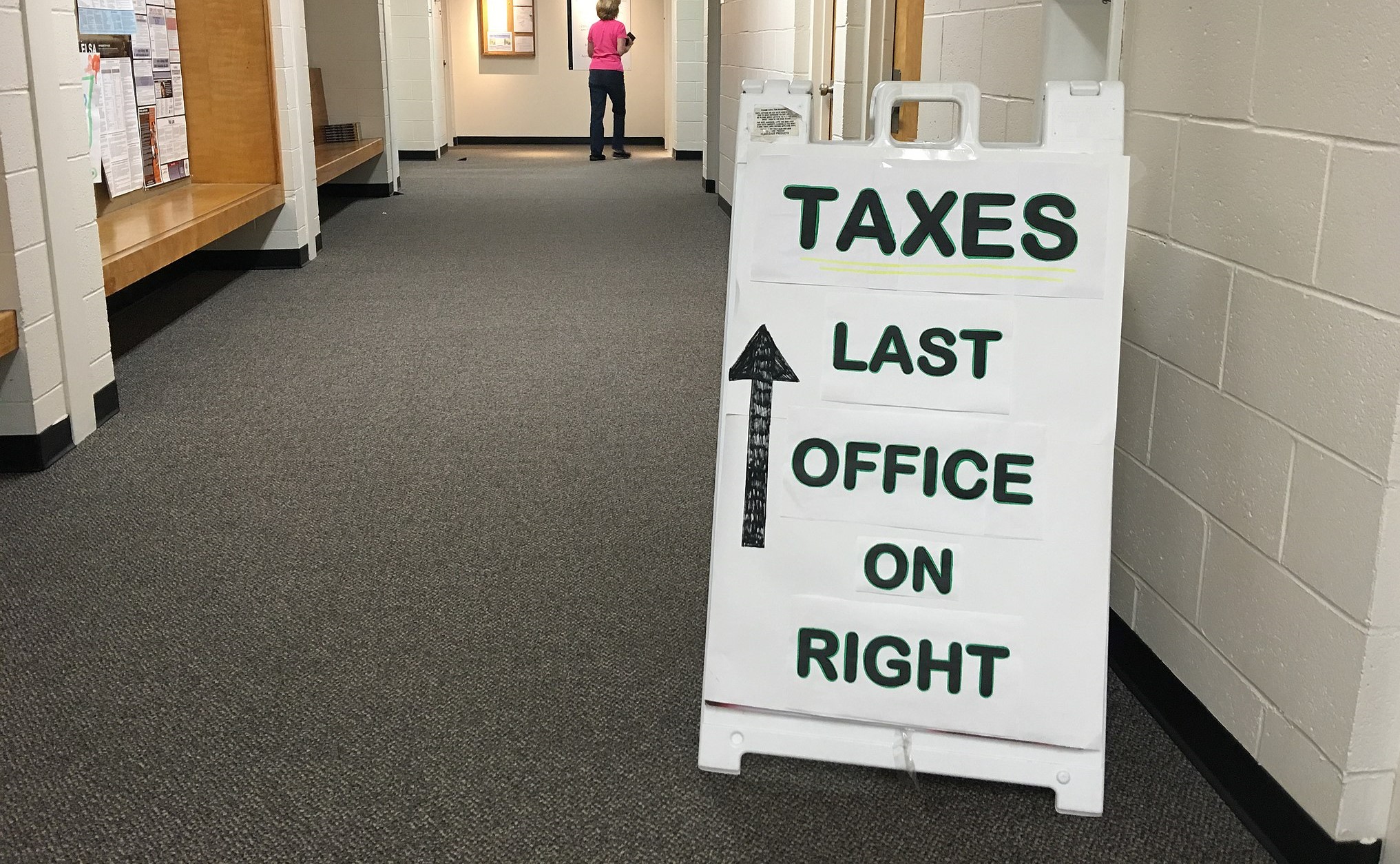The risk of urban flooding in Nigeria will likely increase due to climate change, rapid urbanisation, and overcrowding of vulnerable areas. Olasunkanmi Habeeb Okunola and Saskia Werners write that trust and cultural sensitivity are vital if the government is going to protect its citizens from the threat of rising water.
Flooding is a regular and devastating hazard in cities across sub-Saharan Africa. Between 2000 and 2019, floods accounted for 64 per cent of all disaster events in the region. In 2022, extreme flood events displaced 1.4 million people in Nigeria alone, and caused an estimated 4.2 tn Naira worth of damage.
Nigerian federal and state government agencies conduct flood education campaigns through radio, TV, and newspapers before every rainy season to improve the preparedness of people living in vulnerable areas. Despite government efforts to address the risks, floods still have devastating consequences in the country’s flood-prone cities, where about 53 per cent of the urban population live. These cities are at risk of flooding due to poor drainage systems, the indiscriminate dumping of refuse, haphazard physical developments and climate change.
Over the years, global flood preparedness practices have sought to reduce threats by focusing on enhancing individual or community capacity to monitor, predict, and prepare for flooding. Community engagement plays a crucial role in improving risk perception, self-reliance, and capacity building to mitigate flood risk.
However, such community engagement is often influenced by a range of social and cultural factors, but this is often ignored by academics and policymakers.
Drivers of flood preparedness in Nigerian cities
The disaster preparedness in the Nigerian cities Lagos, Port Harcourt and Kaduna are substantially different due to local religious beliefs, traditional practices, and social norms.
In Port Harcourt some people believe that floods are caused by supernatural forces and cannot be prevented. While in Lagos, failure to heed the warnings of the gods, constant committing of serious crimes, and failure to make sacrifice to gods every year has been cited as reasons for floods.
In some communities in Kaduna, there are gendered roles in flood risk management and women are responsible for household preparedness. At the same time, men are responsible at community-wide level for flood preparedness. Such norms can marginalise women and hinder their participation in flood preparedness. Several studies analysing the impact of disasters have shown that women are hit hardest in disasters due to the more significant workload placed on their shoulders and are likely to suffer from malnutrition because they have specific nutritional needs when pregnant or breastfeeding. Consequently, marginalising women’s participation in community preparedness can exacerbate their vulnerability to flood related risks.
Other factors for ineffective flood preparedness in the cities include residents’ strong social ties and their sources of livelihood in vulnerable informal residential communities. Consequently, they prefer to run the risk of death due to flooding than leave their communities.
The failure of the government to fulfill promises of relocating affected people – a key policy in the early warning stage – has led to mistrust and miscommunication with the residents of the communities. In addition, people’s immediate response to a flood scenario is to ensure the safety of their families and friends before alerting the emergency services which rely on grassroots reporting to provide them with accurate information from areas where they don’t have staff or office.
Policy solutions
Improving flood preparedness for people, particularly those who live in areas with high exposure to flooding, is a key concern for policymakers across sub-Saharan Africa. Governments should implement culturally sensitive and inclusive flood preparedness by engaging religious and community leaders. This will encourage community participation in effective flood preparedness and prevention.
Collaboration between religious leaders, other stakeholders, and government at all levels will play a vital role in distributing information on preparedness and early warnings. Creating awareness for the need for women and women’s organisations to actively participate in disaster preparedness activities is also vital. Such awareness will contribute to the resilience of the affected communities and increase projects sustainability as this will drive engagement and changes in public behavior which will improve outcomes.
There is also a need for proper relocation plans by government institutions for victims of flood disasters. This will increase the trust residents have in the government, and trust is vital in risk management. It enhances citizens’ willingness to take official information and warnings seriously and as such should be treated as a key resource in early warning systems.
Photo credit: Conflict and Development at Texas A&M used with permission CC BY-NC-ND 2.0





